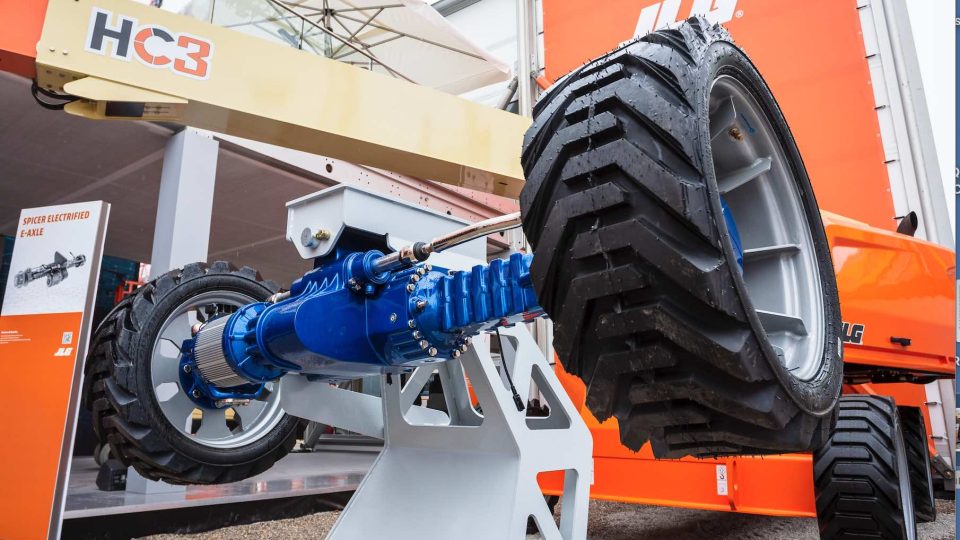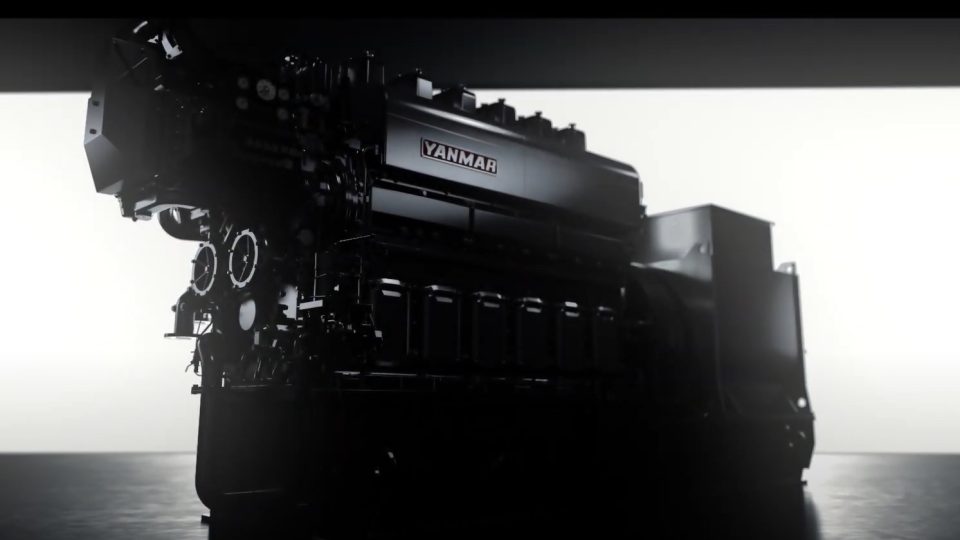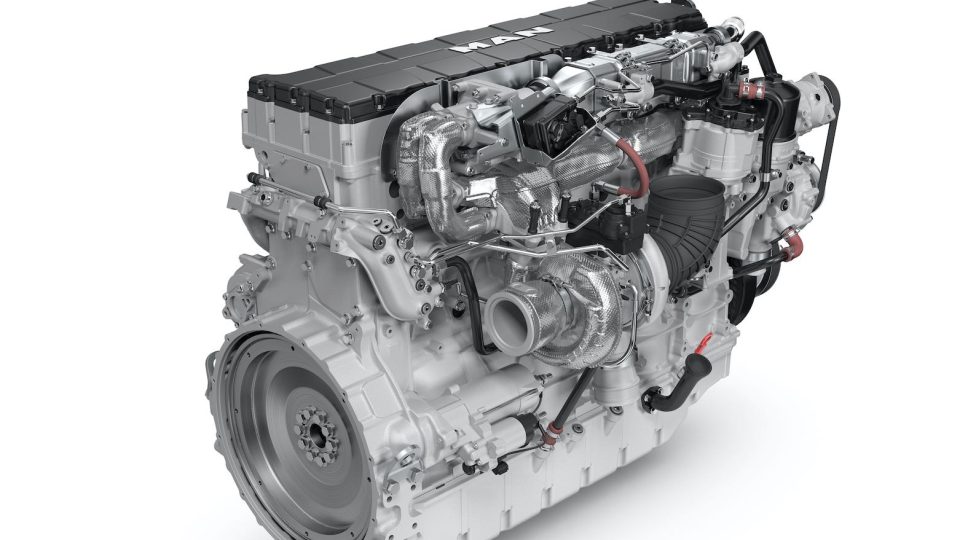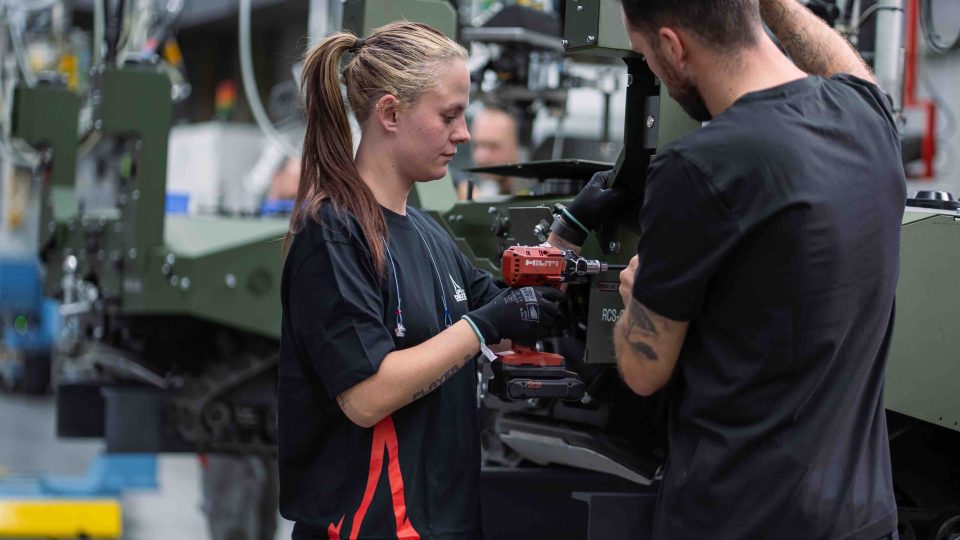Deutz Acquires SOBEK: Drones and that View of the Rhine?
Deutz acquires Sobek, a lmanufacturer of high-performance electric drives for high-tech applications, who serves several specialized application areas, including motor sports and drones
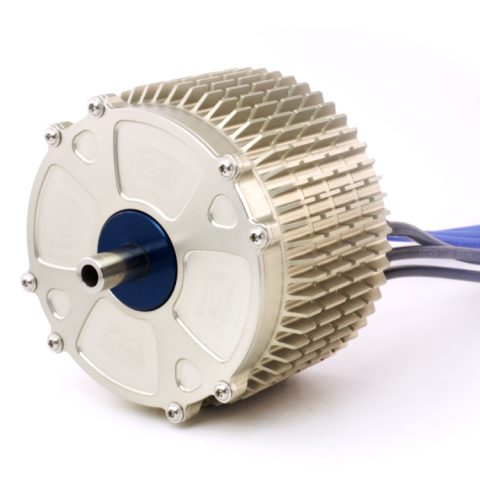
With the acquisition of Sobek, Deutz could further diversify its business. Following the purchase of BLUE STAR Power Systems—an acquisition that for the first time represented a departure from the company’s traditional “free market” strategy—could Sobek be the springboard to capitalize on the defense horizon or emerging civilian drone applications like delivery?
Sobek is the final piece of the Deutz puzzle
DEUTZ signed an agreement to acquire all of the shares in SOBEK Group GmbH. The German company, which has three sites in Baden-Württemberg and Hessen, operates in several specialized application areas, including motor sports, aerospace, and medical technology. The company supplies high-performance pumps based on its electric motors and control electronics. Its customers include several leading teams in Formula 1 and Formula E.
According to Deutz, this is an attractive market that offers substantial double-digit margins and demands the highest standards. The greatest potential currently lies in the business with drones, which is experiencing strong growth due to geopolitical developments and the increasing importance of unmanned defense systems. The acquisition is a logical continuation of the Deutz Dual+ strategy, which aims to broaden the Company’s portfolio, reduce dependence on the cyclical business with internal combustion engines, and systematically expand the defense business.
From the CEO
“Through SOBEK, we can gain direct access to the rapidly growing defense market and make strategic inroads in this sector beyond the sale of conventional drive systems,” says Deutz-CEO Sebastian C. Schulte. “Defense is rapidly evolving in the wake of new technologies and changes to warfare. And demand for military drones is set to continue to increase. Together with Sobek, we can proactively position ourselves as a relevant systems partner in this young and rapidly growing market, and we aim to further expand the established business in motor sports and medical technology.”
And from SOBEK
“Thanks to a global network and the industrialization expertise that Deutz brings to the table, we will be able to integrate our technology into the growing business with drones significantly faster and with greater scalability,” says Olaf Hahn, current owner and CEO of Sobek. “Together, we are preparing the ground for establishing our electric drive systems as the European standard for defense-critical applications – Made in Germany, of course.”
Drones are now one of the top areas of investment by NATO, as the requirements profile of many armed forces is moving away from conventional platforms and toward autonomous and highly mobile systems. Unmanned aerial vehicles (UAVs) are the primary focus here thanks to their cost efficiency, rapid availability, and operational flexibility. Military requirements are leading to fundamental changes in the current business in drones, with a move away from the volume- driven B2C approach of Asian vendors toward defense-critical, European-style B2G solutions that ensure Europe and Germany are geopolitically independent.
For DEUTZ, the acquisition is the logical next step in the transition from component manufacturer to system provider, which will also benefit other areas of the Company. In the context of alternative drives in the off-highway segment, the highly integrated electric drives manufactured by SOBEK promise considerable synergies, particularly in terms of control engineering.
There are conceivable applications beyond defense too. The technology manufactured by Sobek is also suitable for civilian aviation, for example, in areas such as logistics, infrastructure monitoring, and urban transportation using light, electric drone systems. At the same time, the Company will forge ahead with expanding the established business in motor sports and systematically developing new business in areas such as robotics and medical technology. These are sectors that rely on highly specialized components and thus generate high margins.


